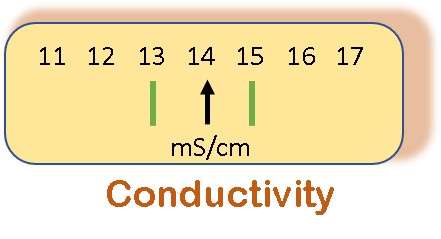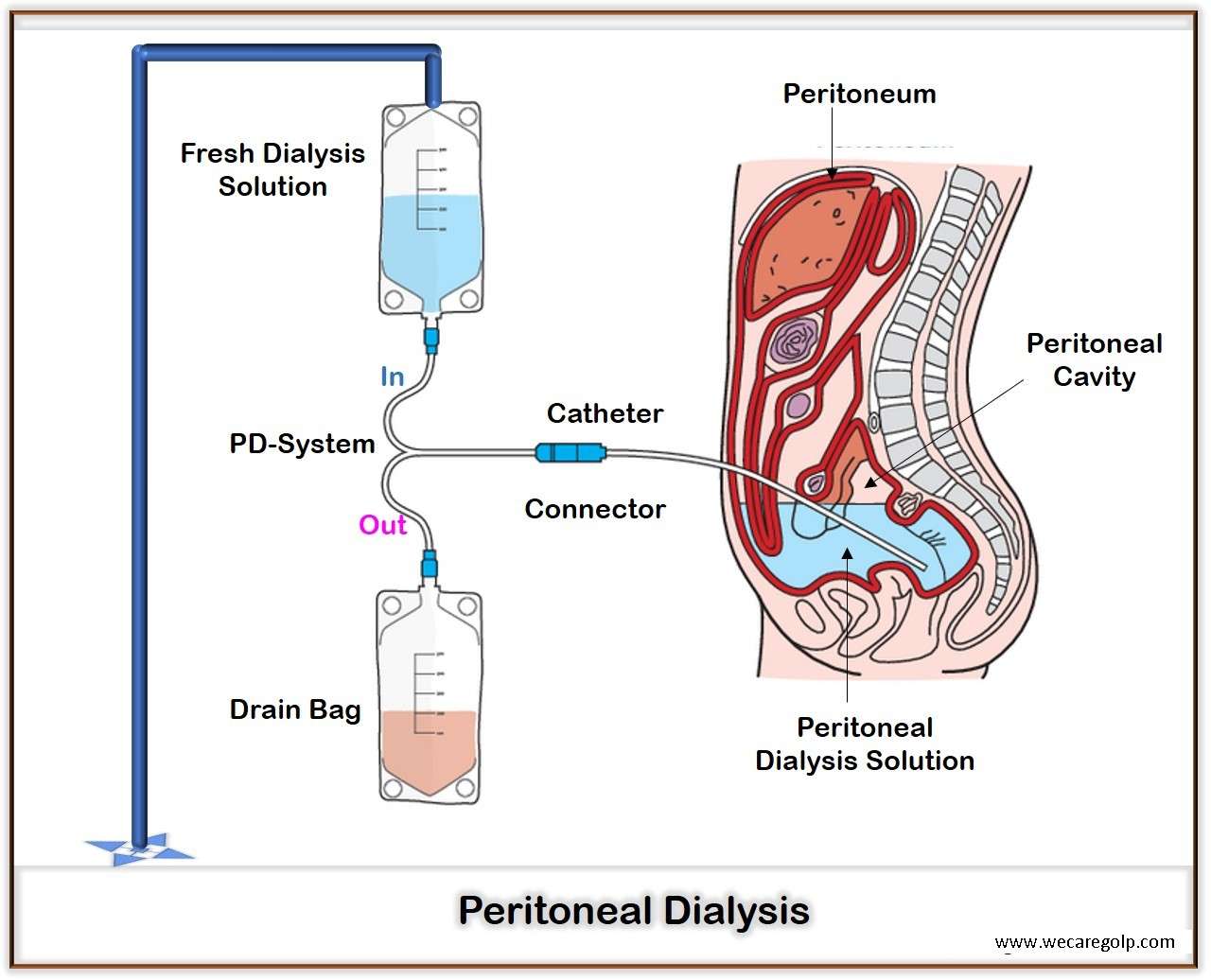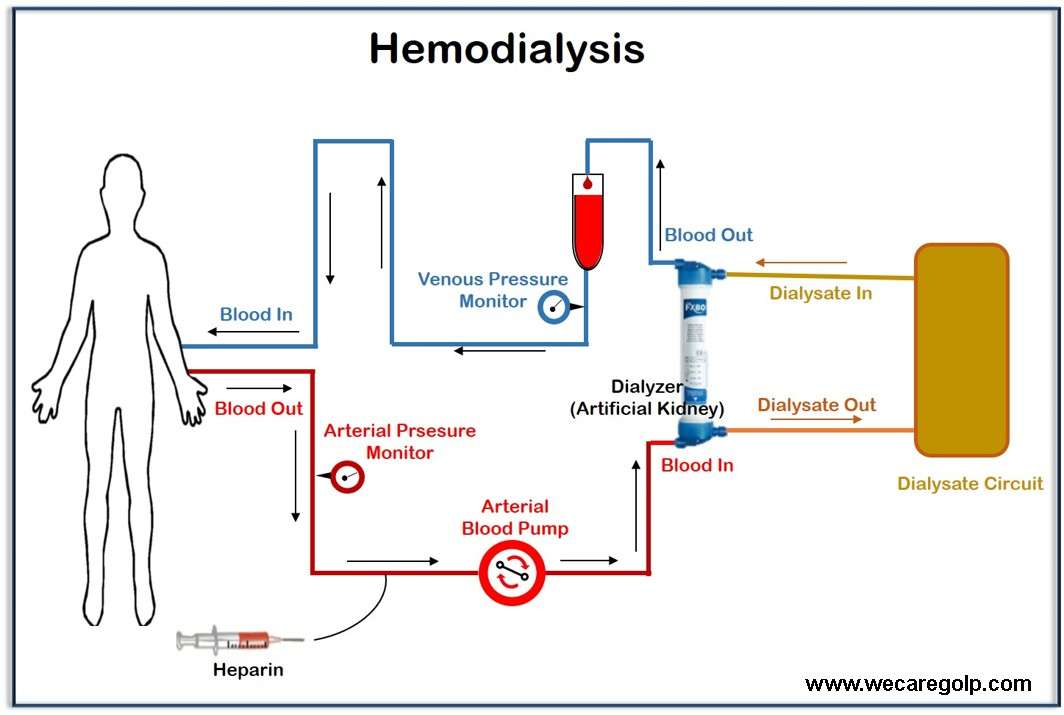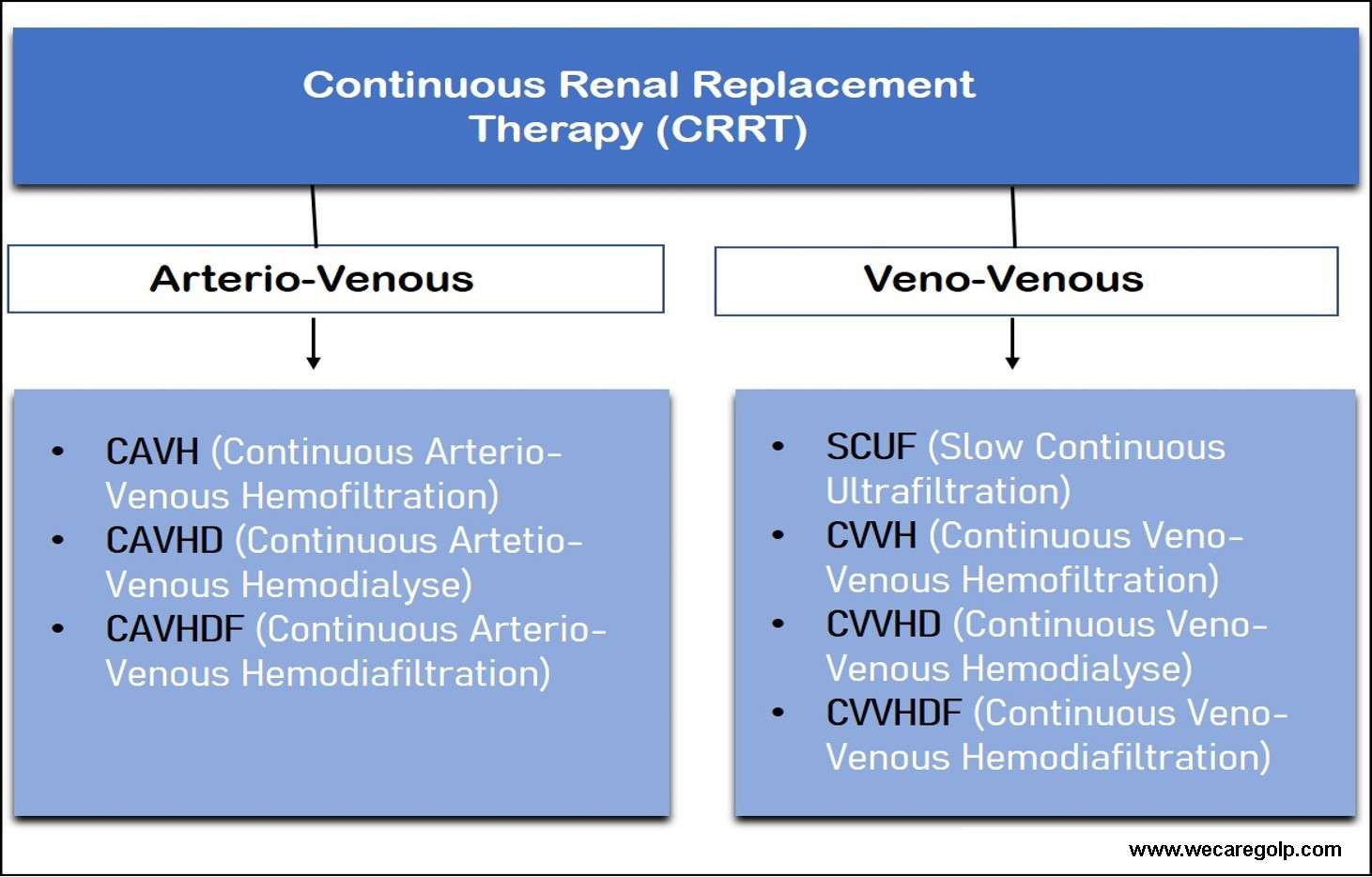Conductivity Alarm in the Hemodialysis Machine
Introduction Conductivity (CD) is a measurement of the ability of the total ionic content of dialysate to conduct electricity. It depends on the concentration of the ions, the additivity of the ionic contributions (anions and cations added together) and the type of ions present. CD measurement is an important safety feature. It is measured in … Read more




